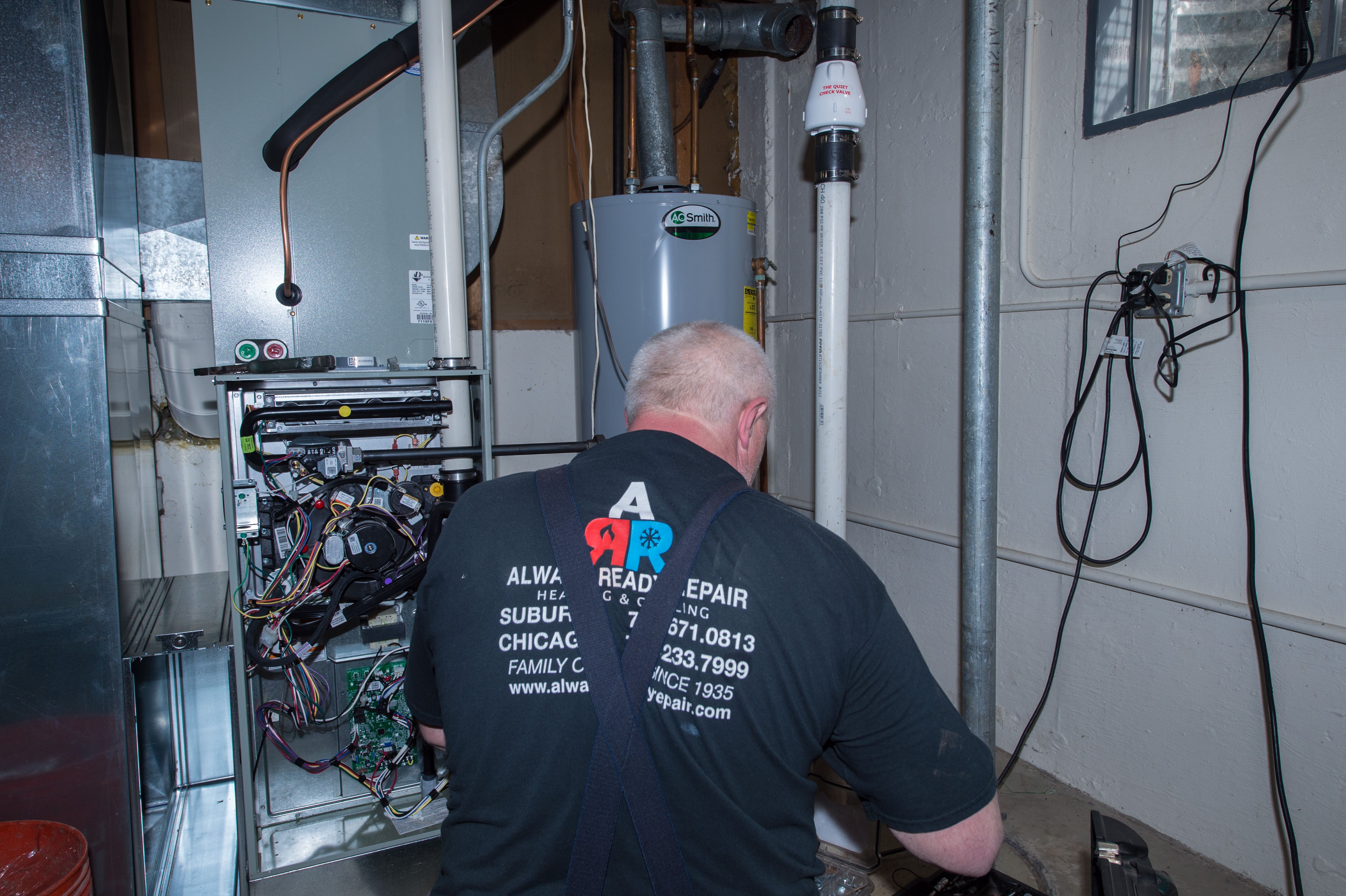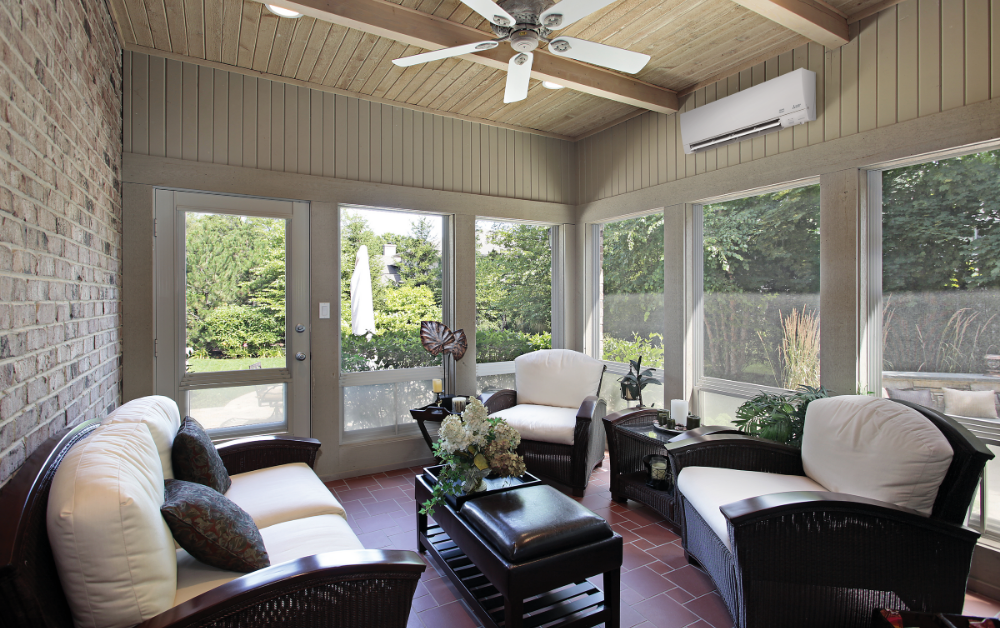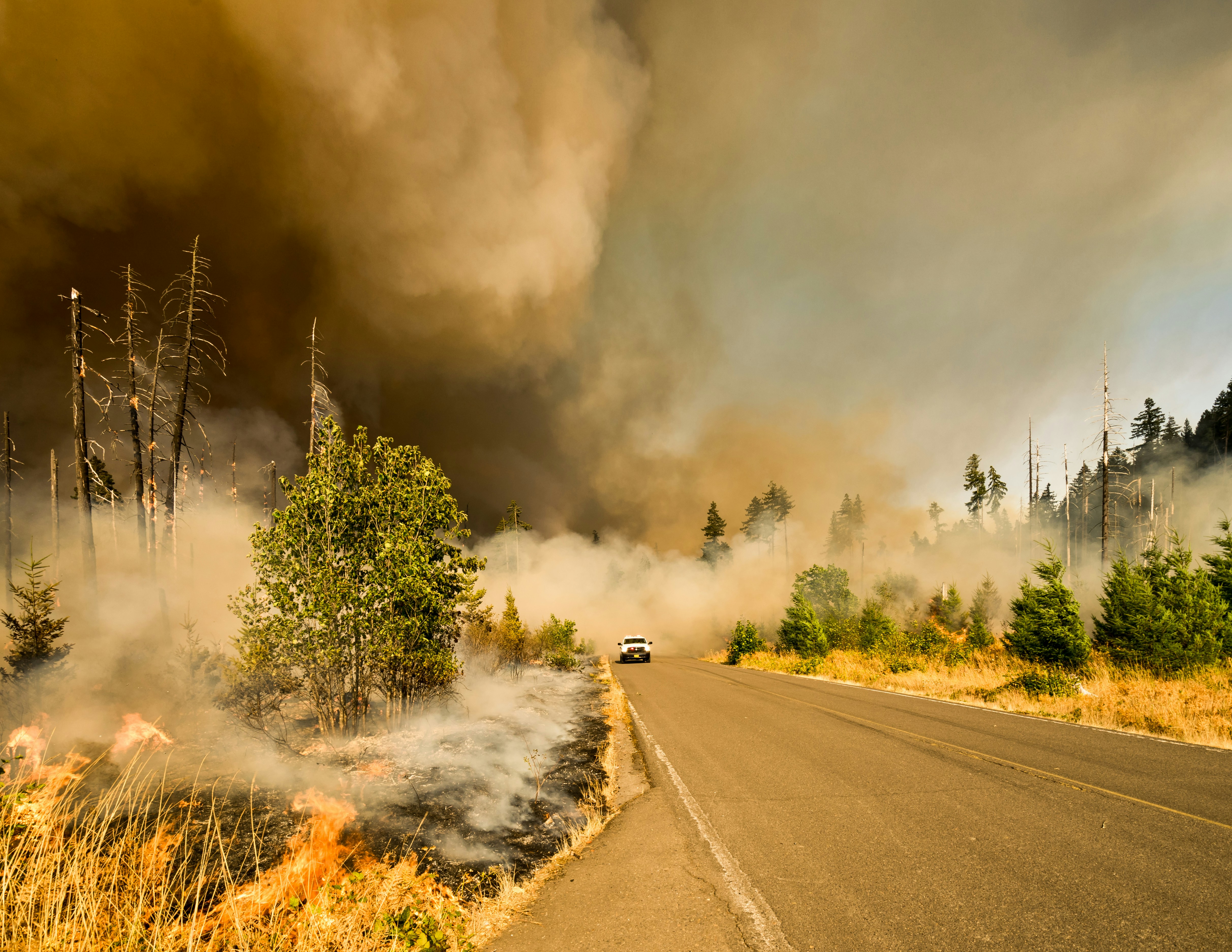When you invest in a new HVAC system, whether it's a furnace, mini-split, air conditioner, or heat pump, you might notice some new and unexpected sounds or smells. Don't worry—most of these are completely normal. Understanding what's typical can give you peace of mind as your heating and cooling systems settle into their role of providing your home with comfort and efficiency.
New HVAC Smells: What’s Normal and What’s Not
.webp)
One of the most common smells homeowners encounter after a new HVAC installation is a burning dust odor. This happens because, during manufacturing and installation, dust and debris settle on components like heating elements or heat exchangers. When the heating system operates for the first time, this dust burns off, creating a temporary burning smell. This smell typically dissipates after the initial few heating cycles.
Another typical smell resembles plastic or chemical odors. HVAC components, including electrical components, often come with protective coatings to prevent corrosion or damage during transport. Once your air conditioning system or heating system heats up for the first time, these coatings can emit a noticeable chemical odor. While a bit unpleasant, this smell should fade quickly, typically within the first few days of normal operation.
If you notice a musty or moldy smell, especially with mini-split or air conditioning systems, it may indicate moisture build-up in the system. Regularly check and replace your air filters and ensure proper drainage. Persistent odors might warrant a call to your local HVAC installer for a quick check-up.
Occasionally, you might detect a metallic or oil-like odor, especially from newly installed heat pumps or furnaces. These smells typically arise from lubricants used during manufacturing and assembly. As with other minor odors, these should dissipate within a few days.
However, certain smells indicate a serious issue. A strong sulfur or rotten eggs smell could indicate a natural gas leak. This is a critical warning sign—turn off your HVAC unit immediately, evacuate your home, and contact your gas company or emergency services.
New HVAC Sounds: Understanding Normal Noises
After installing a new HVAC system, homeowners often report hearing unfamiliar sounds. A common one is a gentle humming or slight whining noise, especially prevalent in mini-split units or high-efficiency heat pumps. This humming usually results from normal electrical operation or the refrigerant circulating within the system. Unless excessively loud or constant, it's generally harmless.
Clicking or popping sounds might startle you, but they are typically the sounds of metal components expanding and contracting with temperature changes. You'll notice these sounds mostly when your heating and cooling systems start or stop, and they generally diminish over time.
Heat pumps, in particular, might make gurgling or whooshing noises during their defrost cycle. This is a regular process where the unit temporarily reverses operation to melt ice buildup, and hearing these sounds is completely normal.
Some systems, especially furnaces and boilers, may produce intermittent ticking or snapping sounds as internal parts like heat exchangers or burner assemblies adjust to changes in temperature. These sounds are usually harmless and diminish as the system settles.
On the other hand, loud or continuous rattling and banging noises are not normal and usually mean something might be loose or improperly installed. In these cases, it may be necessary to decide whether to repair or replace the affected components. Contact your installer or a professional technician to inspect the system.
Tips for Managing New HVAC Sounds and Smells
To help your new HVAC system transition smoothly:
- Run your furnace or heat pump continuously for a few hours when first installed, ideally during a mild weather day with open windows to quickly dissipate initial odors.
- Schedule regular maintenance from your installer or a professional HVAC service provider to promptly identify and resolve any issues that arise.
- Always keep your HVAC air filters clean and replace them as recommended by your HVAC unit's manufacturer.
- Maintain proper ventilation around your HVAC unit to prevent odors from accumulating.
- Regularly inspect and clear drainage lines in air conditioners and heat pumps to avoid moisture-related issues.
- Schedule seasonal inspections to proactively identify and manage any emerging issues.
When Should You Call a Professional?
Most new HVAC noises and smells fade quickly and represent no cause for concern. However, some signs that it's time to consult a professional include:
- Strong odors, such as a persistent egg smell, that do not dissipate within a few days of operation
- Unusual, loud, or persistent noises
- Any visible smoke or signs of burning from the unit
- Sudden changes in system performance or efficiency
In these cases, promptly reaching out to your installer or trusted HVAC technician will help ensure your system remains safe and effective for the long term.
Understanding Different HVAC Systems
Different types of HVAC systems might have unique sounds and smells due to their design and operation:
- Mini-splits often produce subtle clicking and humming noises due to their compact design and exposed components.
- Heat pumps may frequently shift between heating and cooling modes, creating intermittent whooshing or gurgling sounds.
- Gas furnaces often emit initial burning odors from dust on the burners or heat exchanger.
- Boilers might produce subtle water-flow sounds or gentle knocking noises as water moves through the pipes.
Understanding your specific HVAC type helps manage expectations and differentiate normal operations from potential issues.
For More Information:
- Trane: HVAC Odors Explained
- Lennox: What’s That Smell?
- Mitsubishi Electric: Quiet Heating and Air Solutions
Remember, while new smells and sounds from your HVAC system are typically harmless, staying informed and proactive about maintenance and repair is key to long-term comfort and performance.







).png)










